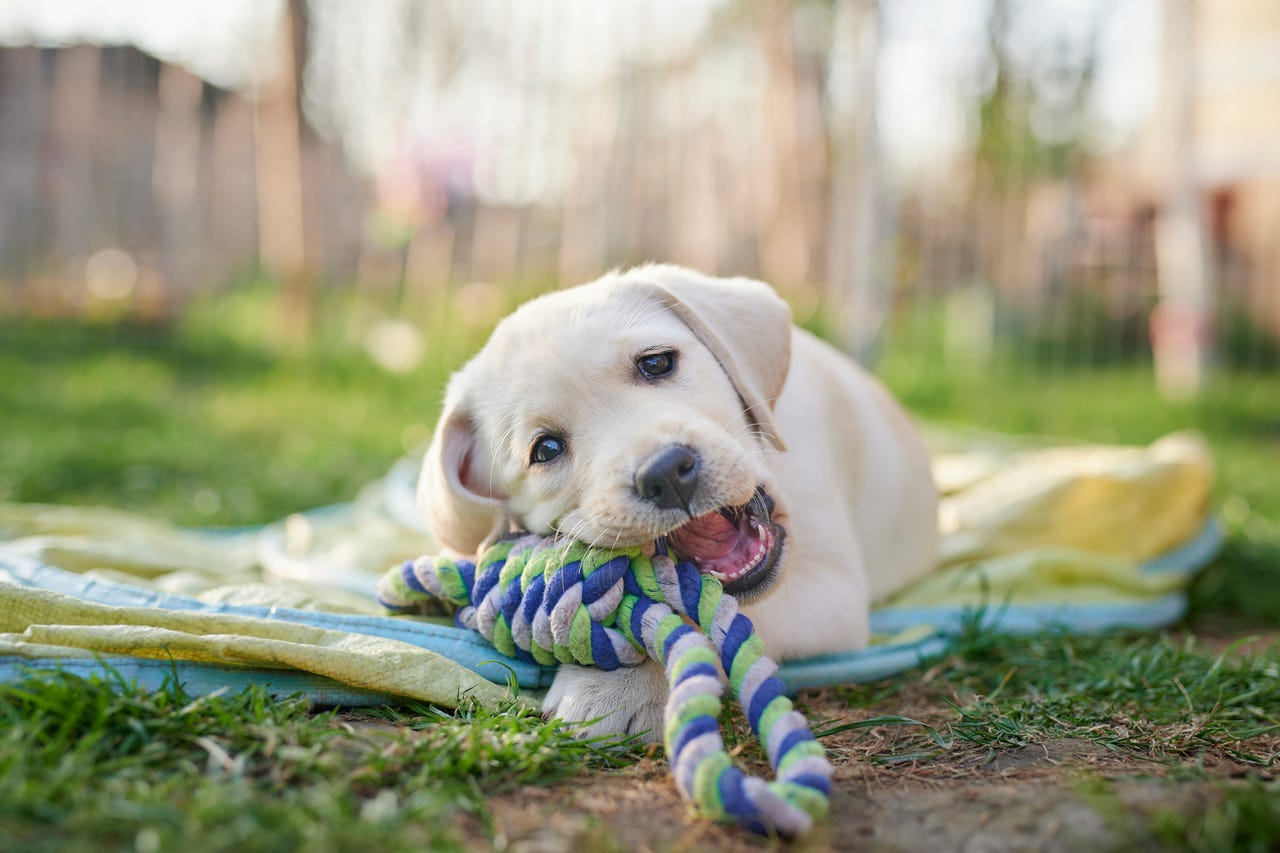This robot will put dogs out of work? Oh, save us


Put this lovely dog out of work? Maybe.
Humanity is the architect of its own downfall.
more Technically Incorrect
We're doomed because we're good at dooming ourselves, and we're really good at not anticipating the consequences of our actions.
We're already benignly accepting that robots will put us out of work, but do we really, really have to do the same to our dearest, most beloved friend -- the dog?
I'm only asking because I've nuzzled up to a YouTube video that made me fear for the better beings of this Earth.
The video shows work perpetrated by Tel Aviv University. The work is extremely clever. At least, the parts I understand clearly are. The video itself is headlined: "A scientific first."
Also: OpenAI's ChatGPT is scary good at my job
You see, these fine scientists have made it possible for a robot to smell things. Yes, like we smell things. Or your dog smells things all the time.
In fact, your dog is far, far better at smelling things than you are. Here, then, the Tel Aviv scientists wanted to see if they could match your dog's sniffing efficiency.
So, as they describe in a paper touchingly entitled, "The Locust antenna as an odor discriminator," the scientists created a robot with a locust antenna attached.
Why a locust? Because, say the scientists, insects are really good at this smelling thing: "A mosquito, for example, can detect a 0.01 percent difference in the level of carbon dioxide in the air," and existing technology can't.
How far advanced is this new creation supposed to be? One of the researchers, Dr. Yossi Yovel, offered: "A comparison with standard measuring devices showed that the sensitivity of the insect's nose in our system is about 10,000 times higher than the devices that are in use today."
This couldn't possibly work, could it?
Well, according to the scientists, this so-called bio-hybrid machine "is able to differentiate between at least eight pure odors and two mixtures of different odorants, independently of odorant concentration."
What kinds of smells are we talking about here? Lemon and marzipan, apparently. More significantly, this thing could apparently discern different kinds of Scotch whiskey.
I can hear you sniffing, "Yes, but what are the real world uses for this thing?"
Here is Dr. Ben Maoz from the video: "The future of this study is basically to use the system in places that smell is significant and we cannot identify the smell with the current tools. For example, to use the platform to identify explosives, drugs, and even rotten food."
So there you have it. Those extremely calm, kind lovable drug-sniffing dogs you see at the airport? One day, soon, out of a job. They've worked their way up. They've trained and trained. And this is how we repay them?
Also: The best pet cameras
Please don't mistake my humor for resistance. I completely understand that the Tel Aviv robot sniffer may, indeed, be able to go into dangerous places where you wouldn't want a sniffer dog to go.
There's always, though, a certain sadness in suspecting how humanity will react to these snifferbots.
With a blanket trust and complete disregard for honest, hardworking dogs, I fear.